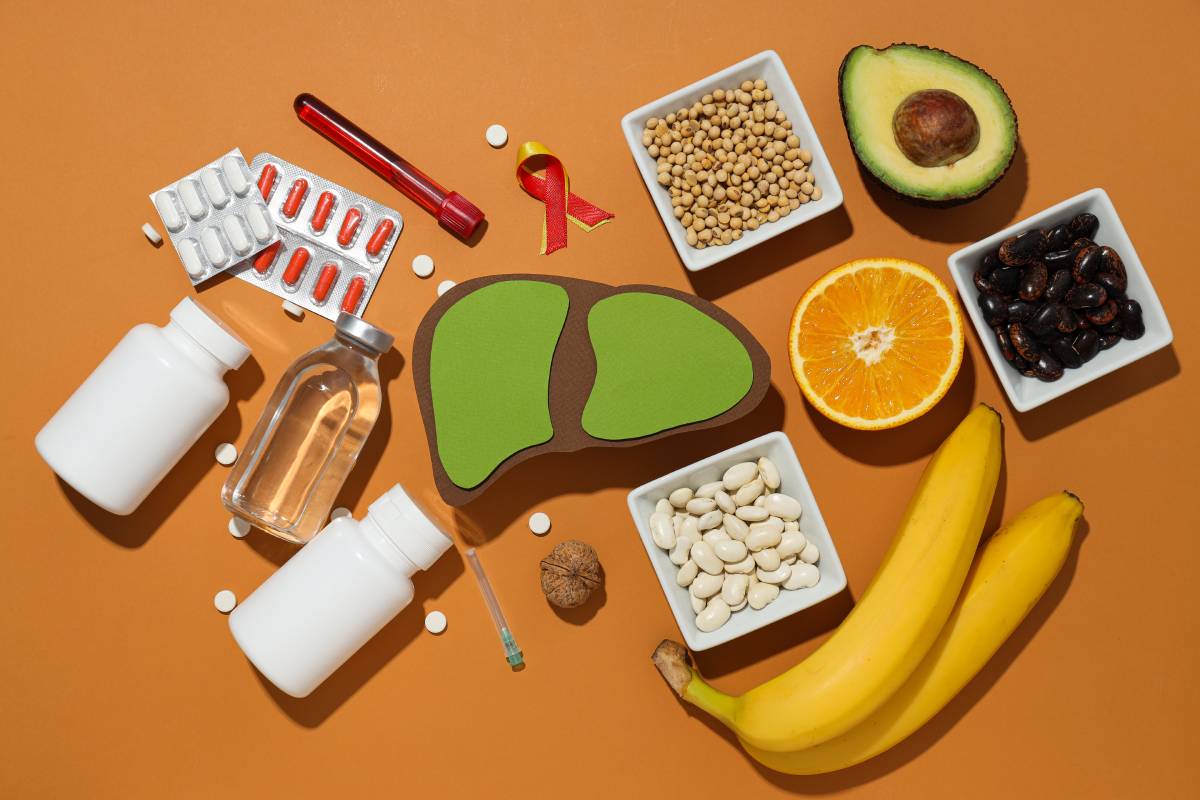Selecting the best green tea involves considering factors like personal preferences, taste, and desired health benefits. Various reputable brands, in
Selecting the best green tea involves considering factors like personal preferences, taste, and desired health benefits. Various reputable brands, including Harney & Sons, Twinings, and Celestial Seasonings, offer high-quality options. Exploring these brands allows consumers to find a tea that aligns with their unique preferences.

How much green tea should I drink a day?
Determining the ideal daily intake of green tea involves various factors, such as health goals, individual tolerance, and overall health. In general, consuming 2 to 3 cups per day is considered a moderate and beneficial amount. This amount provides a good balance between reaping the potential health benefits of green tea and avoiding excessive caffeine intake.
Green tea is rich in antioxidants, particularly catechins, which are known for their potential health-promoting properties. These antioxidants help combat free radicals in the body, contributing to overall well-being. Moreover, green tea has been linked to various health benefits, including improved heart health, enhanced brain function, and potential weight management support.
While moderate green tea consumption is generally safe for most people, it’s crucial to be mindful of individual sensitivities and health conditions.
It’s essential to note that green tea should not be seen as a magical solution. It’s part of a holistic approach to a healthy lifestyle that includes a balanced diet, regular exercise, and proper hydration. Drinking green tea alone won’t guarantee optimal health; it should complement a well-rounded wellness plan.
If you’re uncertain about the right amount for you, consulting with a healthcare professional can provide personalized guidance based on your health status and goals. Additionally, listening to your body and being aware of any adverse reactions can help tailor your green tea consumption to suit your needs.
In summary, a moderate intake of 2 to 3 cups of green tea per day can be a healthy addition to your routine, offering potential benefits without excessive caffeine intake. However, individual factors should be considered, and consulting with a healthcare provider can offer personalized advice. Ultimately, incorporating green tea into a broader healthy lifestyle is key for overall well-being.

Which brand of green tea is best?
Selecting the best green tea brand involves considering various factors like personal preferences, taste, and desired health benefits. Several reputable brands offer high-quality green tea options, making it essential to explore and find the one that aligns with your preferences.
When seeking the best green tea, it’s helpful to choose brands that prioritize quality sourcing and production methods. Brands like Harney & Sons, Twinings, and Celestial Seasonings are known for their commitment to premium tea leaves and ethical practices. These brands often provide a diverse range of green tea options, from classic blends to flavored varieties, catering to different taste preferences.
Another aspect to consider is whether you prefer loose-leaf tea or convenient tea bags. Loose-leaf green tea typically offers a more authentic flavor, while tea bags provide convenience for quick and easy brewing. Popular brands like Numi Organic Tea and Rishi Tea offer both loose-leaf and bagged options, giving you the flexibility to choose based on your preferences.
Additionally, examining the tea’s origin can be crucial. Some people prefer green tea from specific regions known for producing high-quality leaves. Brands like Ito En and Tazo often highlight the origin of their tea, allowing consumers to make informed choices based on their preferences for regional flavors.
Moreover, considering certifications can guide your decision. Brands that prioritize organic and fair trade certifications, such as Traditional Medicinals and Choice Organic Teas, ensure environmentally friendly and socially responsible sourcing practices.
It’s important to note that the “best” green tea brand is subjective and depends on individual taste preferences. Some may prefer a bold and robust flavor, while others may enjoy a more delicate and floral profile. Exploring different brands and varieties can help you discover your preferred taste profile.
Online reviews and recommendations can be valuable resources when narrowing down your options. Reading about other consumers’ experiences with specific brands can offer insights into the flavor, aroma, and overall quality of the green tea.

Is Lipton Green Tea Real green tea?
Lipton Green Tea is indeed real green tea, but it’s important to understand the nuances. Lipton, a well-known tea brand, offers a variety of green tea products. These teas typically contain real tea leaves sourced from the Camellia sinensis plant, which is the primary source of all true teas.
However, the distinction lies in the processing method. Lipton’s green tea is generally a blend of leaves that undergo a unique processing technique. The leaves are steamed, rolled, and dried to prevent oxidation, retaining the green color and preserving the natural compounds found in the leaves.
It’s crucial to note that while Lipton Green Tea is a legitimate green tea option, the flavor profile and overall quality may vary from other green teas on the market. The taste is influenced by factors such as the specific tea leaves used, growing conditions, and processing methods.
Some tea enthusiasts prefer loose-leaf green tea or green tea from specific regions for a more nuanced and authentic flavor. Lipton’s green tea, being a commercially produced and widely available option, caters to a broader consumer base with a milder and more accessible taste.
Additionally, Lipton offers various green tea blends, including flavored options such as citrus or jasmine-infused green tea. These variations add a twist to the traditional green tea flavor, providing options for those who enjoy a hint of additional taste in their tea.
It’s worth mentioning that personal preference plays a significant role in determining whether Lipton Green Tea meets individual expectations. Some may appreciate the convenience, accessibility, and consistent taste of Lipton’s green tea, while others may seek a more specialized and authentic green tea experience.
In conclusion, Lipton Green Tea is indeed real green tea made from Camellia sinensis leaves. However, its taste and characteristics may differ from other green teas due to the specific blend, processing methods, and added flavors. Whether Lipton’s green tea is suitable for you depends on your personal taste preferences and the tea-drinking experience you seek. Exploring different green tea options allows you to find the one that aligns with your individual preferences.

Conclusion: In conclusion, the best green tea brand is subjective and depends on individual taste preferences. Lipton Green Tea is a legitimate option made from real tea leaves, but its flavor and characteristics may differ due to specific processing methods. Ultimately, exploring different brands and varieties allows consumers to discover the green tea that suits their individual palate, ensuring an enjoyable tea-drinking experience.
